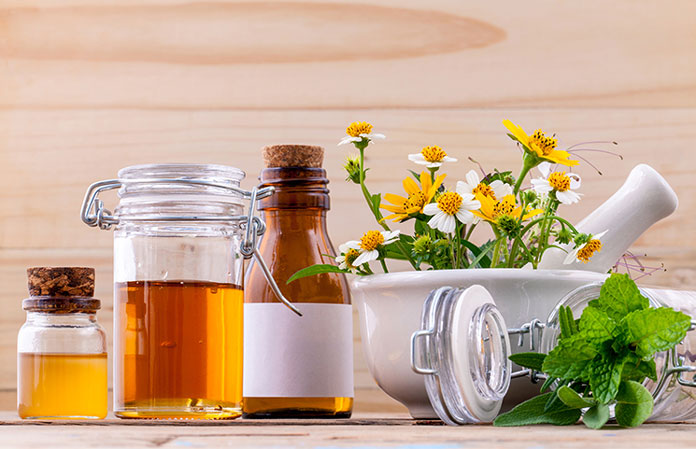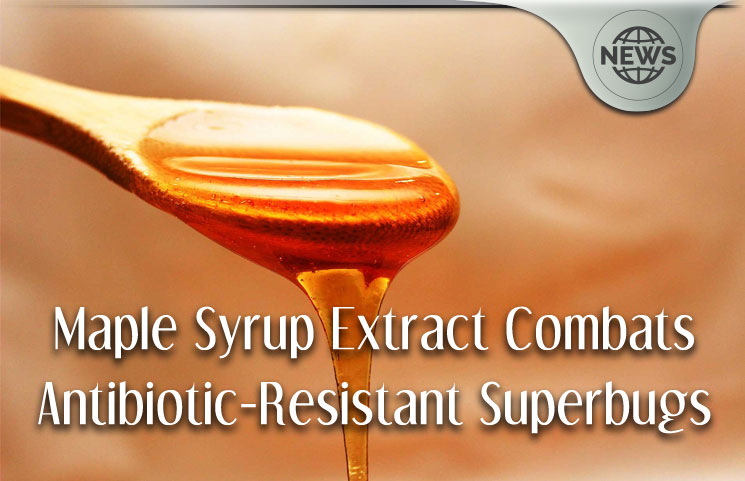Antibiotics are the most widely used and effective tools for combating bacterial infections and other illnesses in the world.
Since Fleming created the first antibiotic treatment in 1928, they have been used to treat almost every infection and disease known to man. Unfortunately, the process of natural selection is beginning to make antibiotics more of a threat than a cure.
In any ecosystem, organisms that exhibit traits that allow them to survive better than their peers thrive and multiply.
This effect, called natural selection, is what makes us able, as humans, to create solutions like antibiotics and browse the internet, but in the world of microbiology, it means that the microorganisms we destroy with antibiotics are slowly becoming resistant to their effects, creating highly transmissible and extremely dangerous diseases that can’t be treated with any known medicine.
These microorganisms, referred to as “superbugs”, have been identified as the biggest threat to modern medicine in the world.
The rise of superbugs is attributed to the overuse of antibiotics in the livestock industry and by trigger-happy medical professionals that prescribe these powerful treatments to treat minor diseases.
If you’ve ever taken antibiotics to help push through the symptoms of the common cold or flu, you’ve already- in a small way- contributed to the development of this very serious pandemic.
Doctors around the world are currently scrambling to identify a treatment that works against superbugs, even resurrecting phage therapies that use engineered viruses to selectively destroy pathogens.
A new treatment discovered by scientists in Canada, however, is promising to offer a potential solution to the problem of superbugs with an extract of common maple syrup.
The Dangers Of Superbugs
Superbugs are a very serious threat to the health of the entire global population.
The Center for Disease Control estimates that more than 2 million people are infected every year in the United States alone from antibiotic-resistant superbugs, and this number is only expected to increase as more and more antibiotics become ineffective against severe bacterial infections.
To date, more than 23,000 people die every year from virulent, untreatable cases of staph infections, gonorrhea, and respiratory infections that are directly attributed to the over-prescription and overuse of antibiotics.
Antibiotics also have a number of other negative affects- they’re so good at killing microorganisms that they frequently destroy much of the positive microbiota of the human body, throwing the balance of the metabolism and digestive system into disarray and causing harmful side effects.
Researchers at McGill University in Quebec, however, have recently made a breakthrough discovery that is able to multiply the effectiveness of antibiotic treatments and dramatically lower the total amount of antibiotics that are needed to treat illnesses.
The team, led by Nathalie Tufenkji, Ph.D, was inspired by the traditional use of maple syrup to fight infections that is common throughout Canadian culture, and set out to find out why it’s so effective in fighting harmful microorganisms.

Potential Antibiotic Applications Of Maple Syrup
Tufenkji and her research team, before making the groundbreaking discovery, had previously been working on an investigation into the positive antimicrobial properties of cranberry extracts.
During their investigation, the team came across a clinical investigation that explored the phenolic anti-cancer properties of a maple syrup extract, and were galvanized into studying the phenolic compound content of maple syrup themselves.
Using advanced extraction techniques, Tufenkji and her research team were able to isolate a phenolic extraction of maple syrup.
Natural phenolic compounds have a wide range of positive health benefits, and are what causes the golden color of maple syrup, providing antiseptic and disinfectant properties.
The team first tested the efficacy of the compound on several harmful bacterial strains, but were disappointed by the results, achieving minimal success.
Remaining interested in the health benefits of the phenolic extract, however, Tufenkji decided to test the efficacy of maple syrup extract when combined with a small amount of antibiotic compounds, and was immediately surprised with the results.
When mixed with common antimicrobial compounds such as carbenicillin or ciprofloxacin, the phenolic extract sourced from maple syrup is able to greatly enhance their potency.
When combined together, maple syrup extract and common antibiotics exhibit a powerful synergistic effect that has an incredibly destructive effect on biofilms, a structural component of a variety of bacterial strains.
The combination enhances the effectiveness of antibiotics by over 90%, which means dangerous strains of bacteria such as Proteus mirabilis, a strain responsible for UTI’s, and E. coli, which commonly causes gastrointestinal diseases, can be treated with far less antibiotics, thus lessening the rate at which superbugs are created.
Maple Syrup Extract Conclusion
While clinical human trials are still years away, the research team is currently conducting both in vitro trials and trials on mice to determine whether the effect can be replicated in the human body, and whether it can potentially cause allergic reactions.
The results of the investigation, however, are some of the most promising treatments to be discovered that can assist in preventing the spread of dangerous antibiotic-resistant superbugs.









